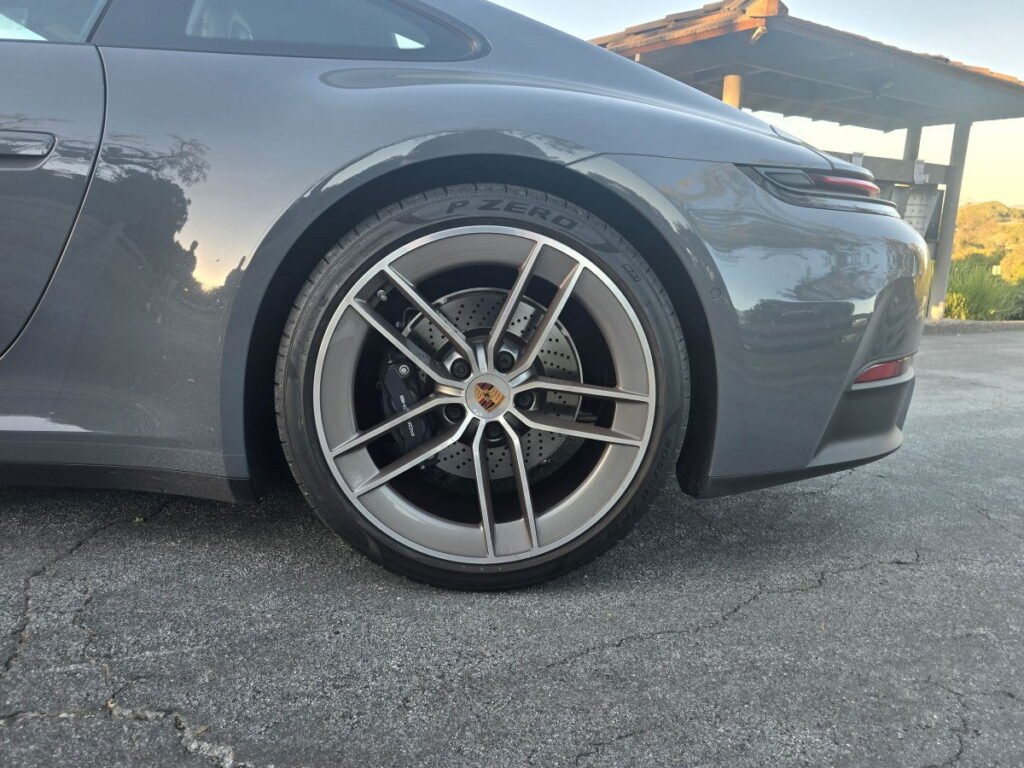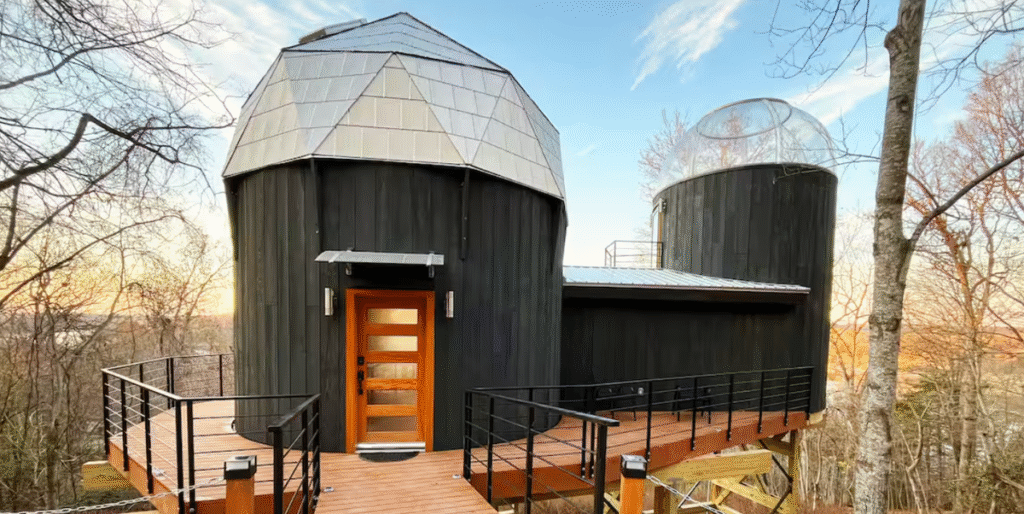He says a little preparation now can save you time, stress and costly repairs down the line.
More than 75% of American adults say they’ll take a road trip this summer, according to a survey conducted by The Vacationer. If you are one of those nearly 196 million people who plans to hit the road, whether you’re traveling a short distance or far from home, your vehicle needs to be just as ready as you are, according to the experts. Few things can ruin a trip faster than unexpected car trouble that turns a small issue into a major headache.
Findlay Honda Flagstaff General Manager Jacob Lundie shares some must-do tips to get your car road trip ready. He says a little preparation now can save you time, stress and costly repairs down the line.
1. Check Your Essential Fluids
Before any long drive, always inspect your vehicle’s fluids. Start with the basics:
- Oil: Make sure your oil level is good and the oil looks clean. If you’re nearing your next oil change, it’s smart to take care of it before your trip.
- Coolant: Arizona’s summer heat is brutal on engines. Low or old coolant can lead to overheating, so double-check that your coolant reservoir is filled to the recommended level.
- Brake Fluid and Transmission Fluid: Top off these critical fluids if they’re low, and watch for any leaks.
- Windshield Washer Fluid: You’ll be glad you topped this off when bugs start hitting your windshield and splatter!
Pro tip: Many local service shops will inspect these fluids during an oil change, so you can knock out two tasks at once.
2. Tire Safety: More Than Just Pressure
Tires are one of the most crucial components for a safe trip, and Arizona’s intense sun can take a toll on them. Before you hit the road:
- Visual Inspection: Look for cracks, dry rot or other signs of aging.
- Tire Pressure: Expect pressure to drop if you’re traveling from higher elevations like Flagstaff to lower regions. Adding a couple of extra PSI can help.
- Tread Depth: Use the penny test – insert a penny upside down into the tread. If you can see all of Lincoln’s head, it’s time for new tires.
- Tire Age: Check the sidewall for the ‘DOT’ number. The last four digits indicate the week and year the tire was made (e.g., ‘2623’ means week 26 of 2023). In Arizona, tires generally last six to eight years, even if they appear fine.
Don’t forget to inspect your spare tire, too. Many people overlook this, but a flat spare is useless in an emergency. Spare tires often require higher PSI, so check your owner’s manual or door jamb sticker for the correct number.
3. Are Your Brakes Road-Trip Ready?
Brakes are your first line of defense on winding mountain roads or stop-and-go traffic. Here’s what to check:
- Vibrations: If your car shakes when braking, your rotors may be warped.
- Squealing Sounds: That high-pitched noise is your brakepad’s wear indicator telling you it’s time for replacements.
Better to handle brake issues at home than risk problems far from a trusted mechanic.
4. Battery Health: Beat the Heat
Arizona’s summer heat is harder on car batteries than winter cold. Signs your battery may be failing include:
- Slow engine cranking
- Dim headlights
- Warning lights on your dashboard
- A rotten egg smell near the battery
If your battery is more than a few years old, it’s wise to have it tested before your trip.
5. Emergency Kit Essentials
No one plans for breakdowns, but being prepared makes all the difference. Keep these in your car:
- Extra water and non-perishable snacks
- Jumper cables, gloves and reflectors
- Contact information for your roadside assistance
- A jack, lug wrench and your wheel lock key, if applicable
While road tripping, it’s a good habit to keep your gas tank at least half full, especially in rural areas with fewer stations.
6. Tech, Navigation and Diagnostics
If your car has onboard navigation or software, make sure it’s updated before you leave. Dealerships typically check for updates during routine service visits. Also, even if there are no warning lights, trust your instincts. If something feels off with your vehicle, schedule a diagnostic check before hitting the road. It’s far better than waiting for hours for a tow in triple-digit temperatures.
7. Plan Your Stops
While not a mechanical issue, planning your fuel, food and restroom stops ahead of time can prevent scrambling in unfamiliar areas.
If you don’t have a go-to mechanic, consider scheduling a pre-trip check with a trusted dealership. It’s important to get your vehicle road-trip-ready so you can focus on making memories instead of being stranded. FBN
By Mary Marini, FBN
Courtesy Photo: To help keep road trips carefree, experts recommend that travelers prepare their vehicle ahead of time.



